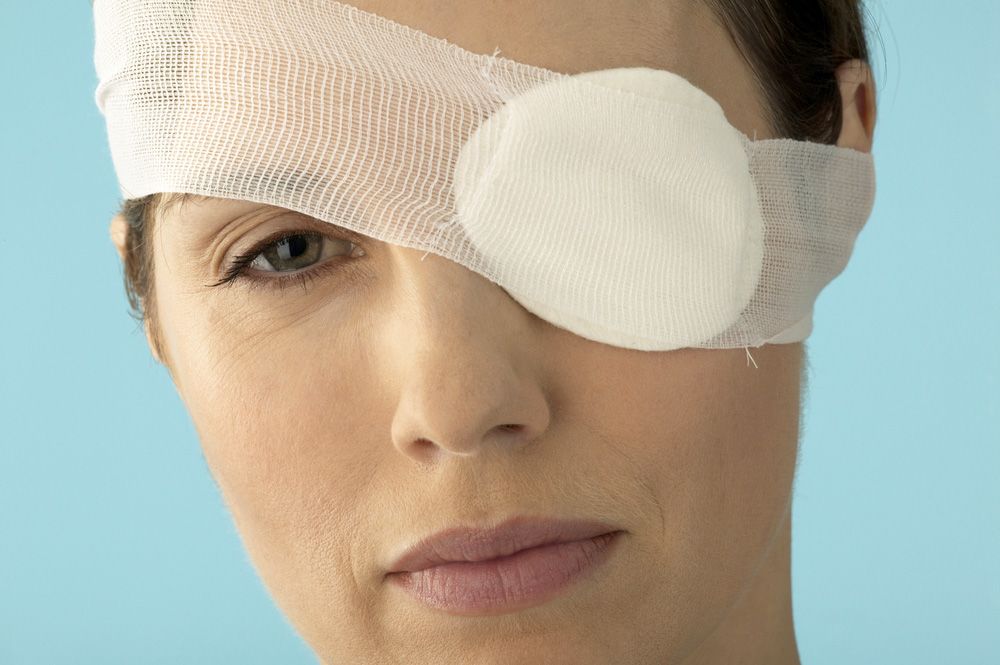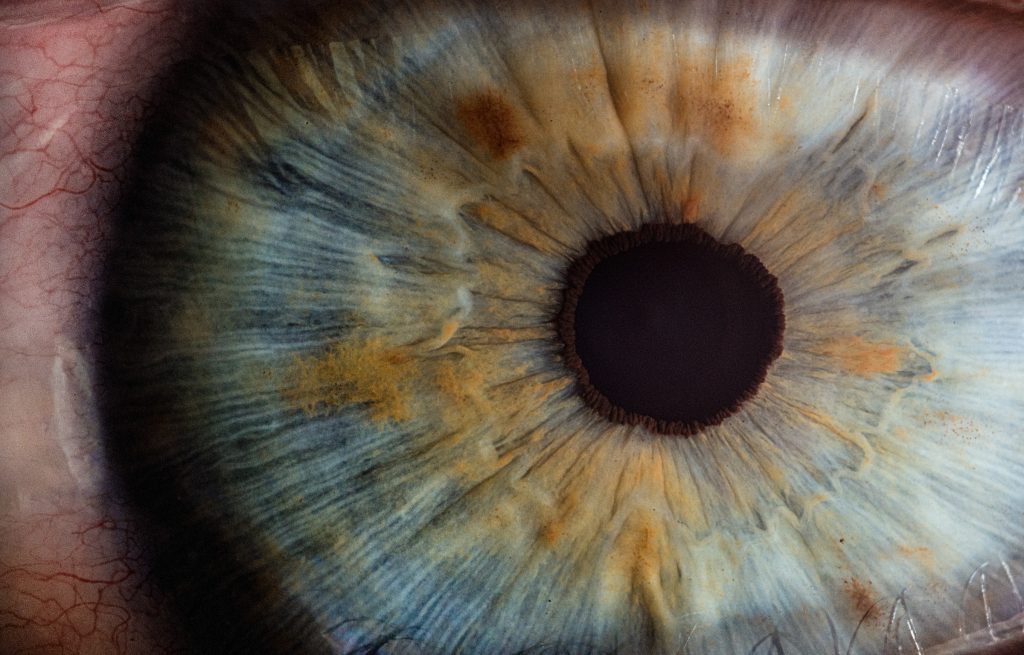A crucial operation that can help people whose vision has been impaired by cataracts regain it is cataract surgery. Understanding cataract surgery can help patients and their loved ones since it improves their comprehension of the procedure and helps them prepare for what to expect.
Cataracts are a big issue for a number of people as this condition strikes anyone and is a long process to form. Cataracts usually occur when the proteins in the eye’s lens begin to clump together and “cloud” the eyes as a result of ageing, injury, certain medications or diseases.
Over time, the protein clump will continue to grow larger which impairs our vision making it harder and harder to see clearly. This is because of the alteration of the clarity of your eye’s lens which affects how the light will reach your retina which in turn affects your vision.
What is Cataract Surgery?
Contents
The procedure known as “cataract surgery” involves taking out the cataract, or clouded natural lens, from the eye and replacing it with an intraocular lens, or artificial lens. This largely safe and efficient process greatly improves a person’s quality of life by quickly and willingly providing a clear vision.
Despite being one of the most common surgeries performed worldwide, there are wide differences in patient awareness and understanding of cataract surgery. Within this framework, a strong understanding of “Cataract Surgery Awareness” may enhance the entire surgical experience.
The Role and Significance of Cataract Surgery
When patients are informed that cataract surgery is necessary, their fears are reduced and they are more likely to seek the necessary care. Retinal deformities are the leading cause of blindness worldwide, highlighting the critical role that cataract surgery plays in preventing vision loss and maintaining quality of life.
Being knowledgeable about cataract surgery enables patients to prepare for the procedure appropriately, recognise its possible benefits and drawbacks, and guarantee appropriate post-surgical care. Patient involvement in healthcare decisions and recovery is greatly enhanced by this awareness, which has a profoundly good impact on individuals.

But remember to put your trust in the expertise of the medical professional because they have the tools and the knowledge to determine the best course of action for you. Being worried about potential cataracts or taking the wrong course of action will lead to the negative results that you were worried about in the first place.
The Cataract Surgery Procedure
Patients can feel more prepared for their procedure if they have a complete understanding of the cataract surgery procedure. First, a small corneal incision is performed, and then topical anaesthesia is directly given to the affected eye. After that, the hazy lens is broken up into tiny fragments using high-frequency ultrasonic equipment, and those bits are carefully removed. The last step is to put the new artificial lens into the lens capsule; after that, the incision usually heals on its own.

Patients will feel more at ease after knowing the specifics of what they can expect throughout the procedure when there is familiarity with the stages of cataract surgery. Encouraging people to speak freely and ask questions of their healthcare providers and clinics they are looking forward to getting their services from can also assist in the reduction of anxiety.
Risks and Benefits of Cataract Surgery
Just like any other surgical procedure, there are risks that exist for cataract surgery. However, despite that, it is considered one of the safest and most successful procedures and potential risks that may occur are bleeding, inflammation, double vision, or even double vision.

But to consider all these risks is necessary, you will find that the benefits outweigh the cons heavily and you will find that this surgery will restore clear vision which will improve your quality of life immensely. Having the knowledge of the pros and cons is necessary for balancing your expectations and preparing yourself.
Preparing for Cataract Surgery
After cataract surgery, the patients will receive eye drops that will help prevent infection and inflammation. On top of that, the patient will need to wear protective eyewear as well to prevent external damage or contact. Furthermore, keeping the eye clean, avoiding strenuous activities, and arranging for follow-up visits with your surgeon will ensure that further problems will not occur.

Knowledge is also essential for post-operative care where patients can identify what is noticeable during recovery and what complications that occur will need your immediate attention. Having the tools and confidence to proactively manage your health will help speed up the recovery process and bypass the need for more visits to the doctors.
One cannot undervalue the significance of understanding this procedure. Giving them the correct knowledge about what to anticipate before, during, and after cataract surgery is beneficial. It enhances people’s unity with healthcare providers in the pursuit of optimal visual health by empowering them to make educated decisions about their own health.

All are welcome to continue learning about cataract surgery, posing questions, and exchanging personal accounts. Knowledge and understanding are the first steps on the path to a clear vision. As you prepare yourself, keep in mind that “knowledge is power!”

